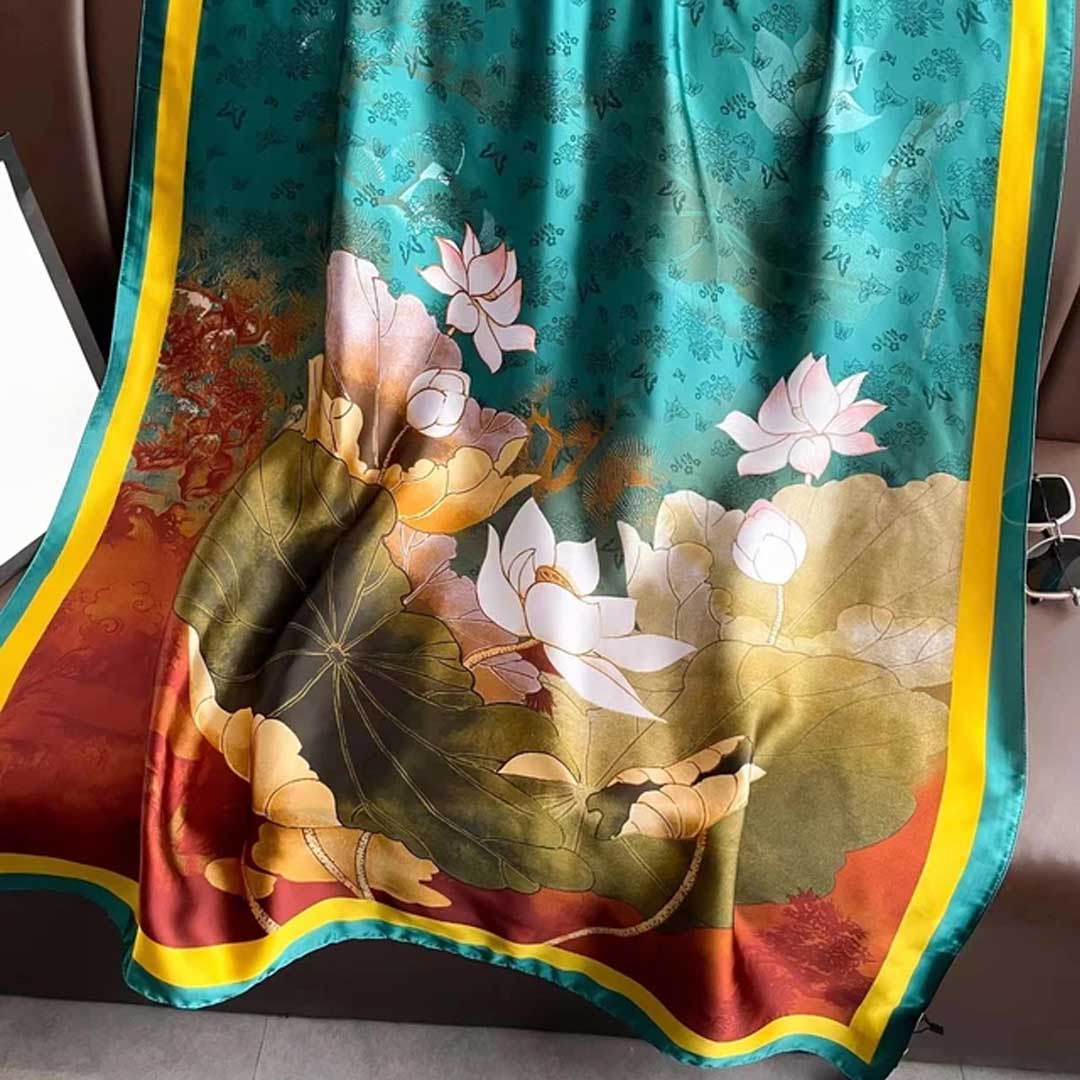Did you know that what you wear can have a significant impact on the health of your skin? It's true! Clothing is not just a fashion statement; it can also play a crucial role in maintaining healthy and radiant skin. In this blog post, we will explore the connection between clothing and skincare and provide you with some valuable tips on how to make the most out of your wardrobe for the benefit of your skin.
How does clothing affect your skin?
Your clothing choices can either help or harm your skin. The type of fabric you wear, the fit of your clothes, and even the laundry detergent you use can all have an impact on your skin's health. Let's take a closer look at some key factors:
1. Fabric Matters
The fabric of your clothing can make a world of difference for your skin. Natural fabrics like cotton and linen are breathable and gentle on the skin, allowing it to breathe and preventing irritation. On the other hand, synthetic fabrics like polyester and nylon can trap moisture and heat, leading to sweat and bacteria buildup, which can cause breakouts and skin irritation.
2. Loose and Comfortable
Tight-fitting clothes may be fashionable, but they can also be detrimental to your skin. Tight clothing can rub against the skin, causing friction and irritation. It can also trap sweat and bacteria, leading to clogged pores and acne. Opt for loose-fitting, comfortable clothes that allow your skin to breathe and move freely.
3. Clean and Fresh
Wearing dirty or unwashed clothes can transfer dirt, oils, and bacteria onto your skin, leading to breakouts and skin infections. Make sure to regularly wash your clothes with a gentle detergent to keep them clean and fresh. Avoid using harsh chemicals or fragrances that can irritate your skin.
4. Sun Protection
Your clothing can also act as a physical barrier against harmful UV rays. Dark-colored and tightly woven fabrics provide better sun protection than light-colored or sheer fabrics. Consider wearing long-sleeved shirts, wide-brimmed hats, and pants to shield your skin from the sun's damaging rays.
5. Allergies and Sensitivities
Some people may have allergies or sensitivities to certain fabrics or dyes. If you notice skin irritation or redness after wearing specific clothes, it's essential to identify the culprit and avoid wearing those materials in the future. Opt for hypoallergenic and dermatologist-recommended fabrics if you have sensitive skin.
Conclusion
When it comes to skincare, clothing should not be overlooked. By making mindful choices about the fabrics, fit, and cleanliness of your clothes, you can promote healthier and happier skin. Remember, clothing is not just a fashion statement; it's also an investment in your skin's well-being. So, next time you go shopping, keep your skin in mind and choose clothes that not only make you look good but also make your skin feel good!
Explore and Shop our Sustainable Collection and get exclusive discounts!
www.kaalateekaclothing.com



